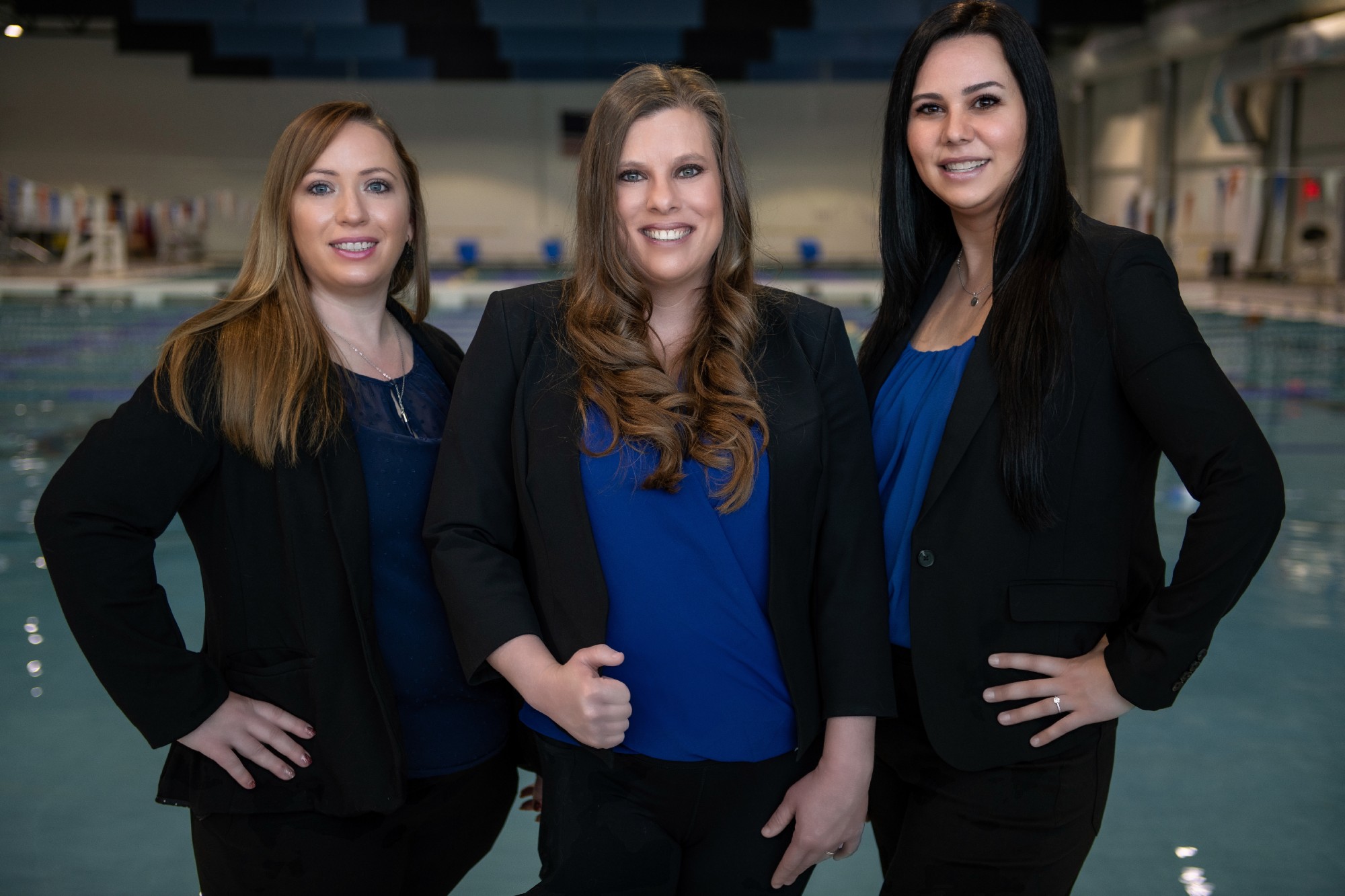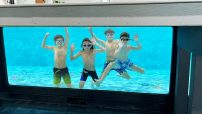Could anybody beat the aquatics industry when it came to a pandemic response? When confusion left everybody grasping for information and guidance, aquatics pros pulled together like no other — and with lightning speed.
Many found a central hub in a local aquatics group, the North Texas Aquatics Association, which pivoted its quarterly in-person meetings into weekly virtual gatherings. Over the course of a few weeks, what started as a local, 50-person Zoom meeting grew into a 500-plus affair, attended by professionals around the world and organized by three NTAA officers: Then-President Jenn Kashner, Secretary/Treasurer Ashley McKay and Communications Officer Jen Post. By hosting aquatics gurus and government officials, this trio helped accelerate information flow and the development of standard practices and protocol in a time of crisis.
The first meeting took place the week of lockdown. The NTAA had long served as a support network, so the team could rely on muscle memory to bring everyone together.
Members talked for hours, everything an unknown, such as hiring and air circulation. “How could we re-open, maintain safety, and protect the public and the staff?” says Kashner, who works for the City of Hurst, Texas, as director of senior services, after serving as aquatics athletics manager.
At first, the meetings served as a place to compare strategies. “Quickly we decided we should bring aquatics headliners to help us navigate this,” says Jen Post, NTAA’s communications officer and marketing manager for Counsilman Hunsaker.
Industry experts such as consultant Shawn DeRosa and lifeguard instructor Pete DeQuincy made presentations. Then NTAA hosted experts from outside the industry, such as CDC representatives, to help clarify what was taking place.
As the value became apparent, Kashner posted announcements to every relevant social media page or account she could find, whether in aquatics or parks and rec. Before they knew it, they received requests to attend from pros around the globe.
Those in smaller states or countries without many aquatics resources especially benefitted. “We got so many emails from people who said, ‘Thank you so much for this, because we’re lost over here,’” Kashner says. “That pushed us to continue.”
The meetings armed those involved to work with local agencies in fashioning regulations in their area. To help, NTAA would compile information into useful documents, such as a condensed list of CDC recommendations, which professionals could use. “Honestly, our city took our meeting, especially when we had the CDC [information] and had developed guidelines based on that,” says McKay, also recreation supervisor over aquatics for the City of Plano (Texas). “Because we were giving out the scientific information.”
To facilitate the meetings, the team split their duties. Kashner spearheaded them and recruited speakers. She had a reputation for this kind of work. “She is great at getting people on the phone and making sure they don’t say no,” McKay teases. Kashner agreed but says, in this case, it wasn’t too difficult. “With any speaker I reached out to, there was no hesitation whatsoever,” she says. “They were 100% willing or excited to help.”
Post handled the marketing, including fliers, developing the website and posting information gathered to make it accessible to everyone. NTAA Secretary/Treasurer Ashley McKay took care of logistical aspects, such as setting up the meetings on Zoom, security and finances.
The meetings continued weekly until the end of May 2020, when some facilities were able to open. The gatherings switched to monthly, and attendees could share successes and glitches, and start planning for 2021. The NTAA recently began in-person meetings again, on its original quarterly schedule. But if a special issue comes up, such as a Red Cross update, it will hold a special meeting and record it for future access.
The group continues to make an impact around the country, with some receiving NTAA’s newsletter and other communications.
For this team, the experience was reassuring, not only in surviving COVID, but in knowing they could handle crises. “We stretched to meet the need of COVID,” Post says. “While we may have had some of these skills in our wheelhouse, they were pretty basic and they got elevated rapidly because of necessity.”
It also reassured them about the industry, whose members unfailingly shared with each other. “Aquatics professionals are so unique, and there’s such a bond,” Kashner says. “This whole process brought even more light to that.”



